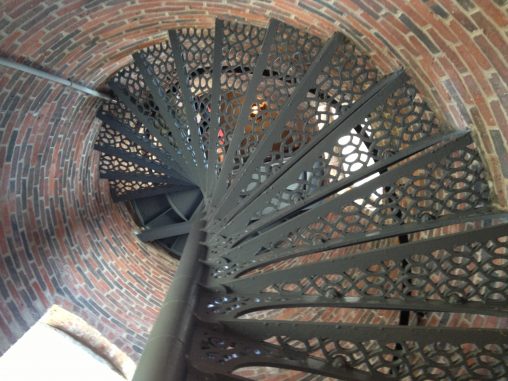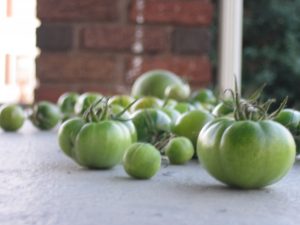 In October I concluded my time as a member of the Palladium-Item's community editorial advisory board, which I joined about two years ago. I enjoyed the experience and while (as expected) I didn't always agree with the views published by the paper, I felt like I was able to bring a perspective and approach that helped shape the overall conversation. There have been few other places in my day-to-day life since college where people regularly gather in a room to vehemently but respectfully talk (okay, and sometimes shout) in depth and in person about current events and important issues facing the city.
In October I concluded my time as a member of the Palladium-Item's community editorial advisory board, which I joined about two years ago. I enjoyed the experience and while (as expected) I didn't always agree with the views published by the paper, I felt like I was able to bring a perspective and approach that helped shape the overall conversation. There have been few other places in my day-to-day life since college where people regularly gather in a room to vehemently but respectfully talk (okay, and sometimes shout) in depth and in person about current events and important issues facing the city.
I was already a fairly close reader of the viewpoints page in the Pal-Item and other publications, but being on the editorial board inspired and required even closer attention to what topics local writers were submitting letters and columns about, and how they went about presenting their views. As a result, I've put together a list of elements that I found to be present in the most effective and engaging editorials I've read:




